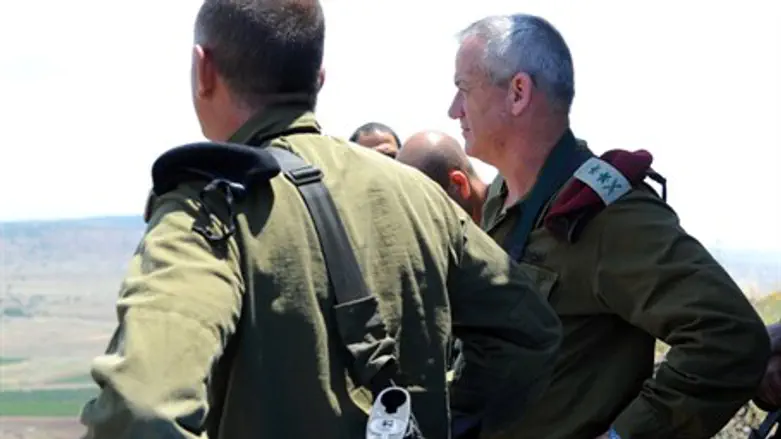
Israel launched on Sunday a national civil defense drill, which the army said will this year focus on the threat of unconventional weapons at a time of growing regional tensions.
"The threats against the Israeli home front have significantly increased in recent years," Prime Minister Binyamin Netanyahu said at the beginning of the weekly cabinet meeting in remarks relayed by his office.
"Israel is the most threatened state in the world; it is under missile and rocket threat. We are prepared for any scenario," said Netanyahu.
The annual drill, the seventh of its kind, will encompass the army's home front command, the defense ministry, government bodies, municipalities and local authorities, rescue organizations and school systems, the army said in a statement, according to the AFP news agency.
"This year, the national exercise will focus on preparing the home front for required government, civilian and military response to an unconventional weapons scenario within the home front," the military statement read. The drill will end on Wednesday.
Israel has repeatedly warned that it would not permit the transfer of advanced weapons or chemical agents from Syria's arsenal to Hizbullah or to any other terrorist entities, while also cautioning against Iran's nuclear potential.
In an interview on Channel 2 television, home front defense minister, Gilad Erdan, played down the risk of a chemical attack on the Jewish state from Syria.
"This is a scenario that is more probable than in the past, but the use of chemical weapons is still defined as a low probability," he told the television station on Saturday, "even taking into consideration the fall of the (President Bashar al-) Assad regime."
"Our enemies know that the use of chemical or nonconventional weapons at the citizens of Israel will provoke a harsh and destructive response," he warned.
Erdan added that the drill was part of a multi-year training program, and any link between its chemical emphasis and the events in Syria was "coincidental."